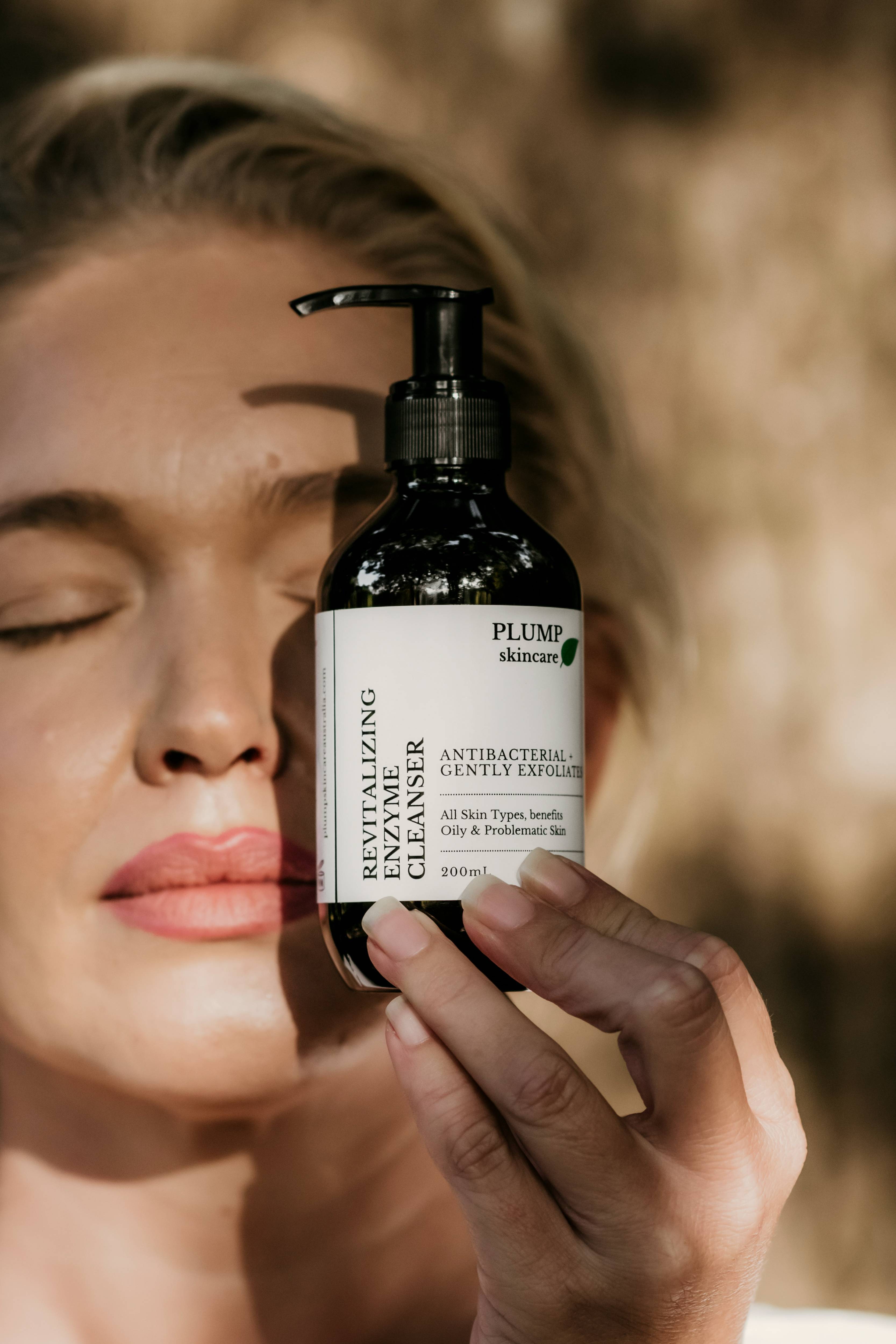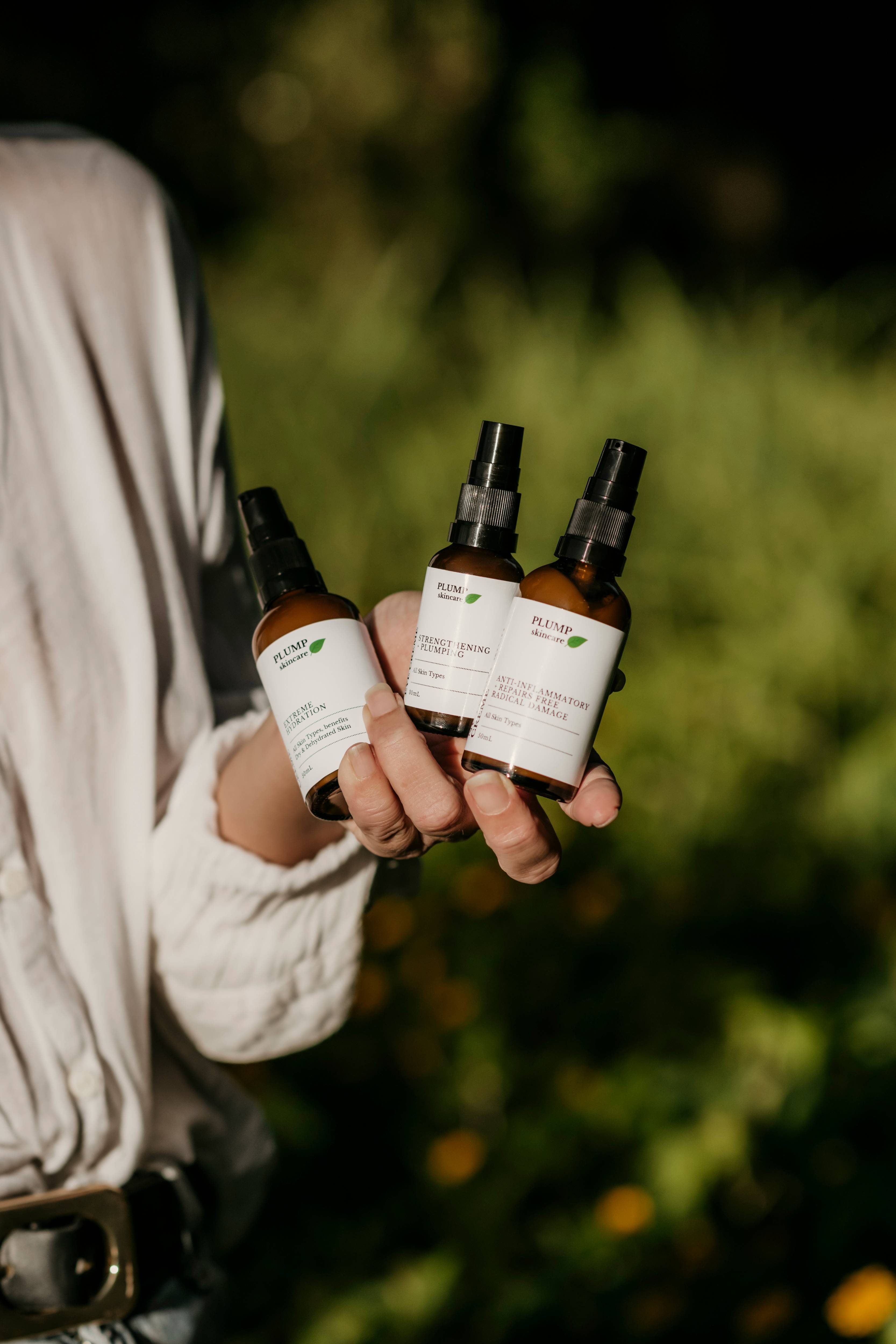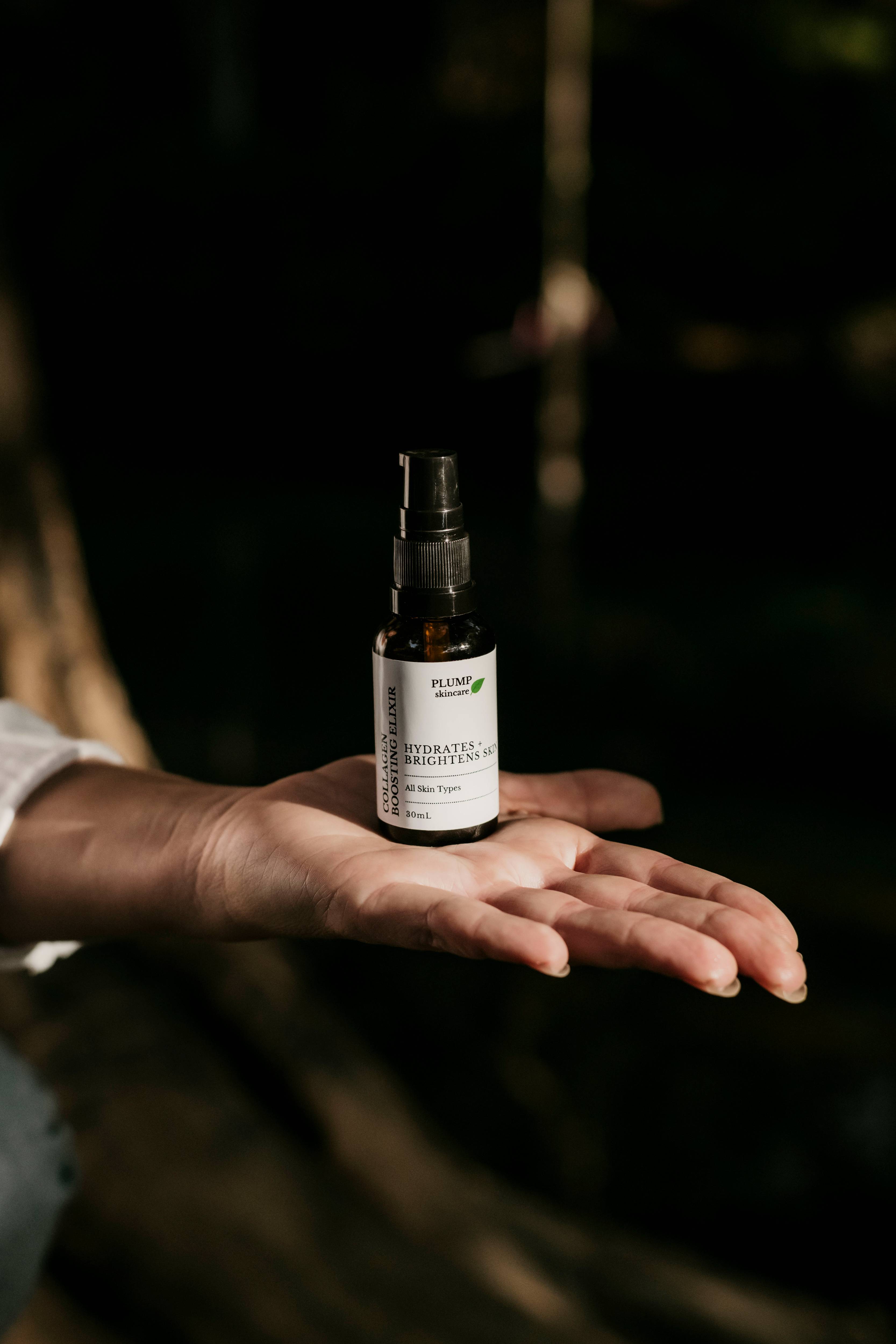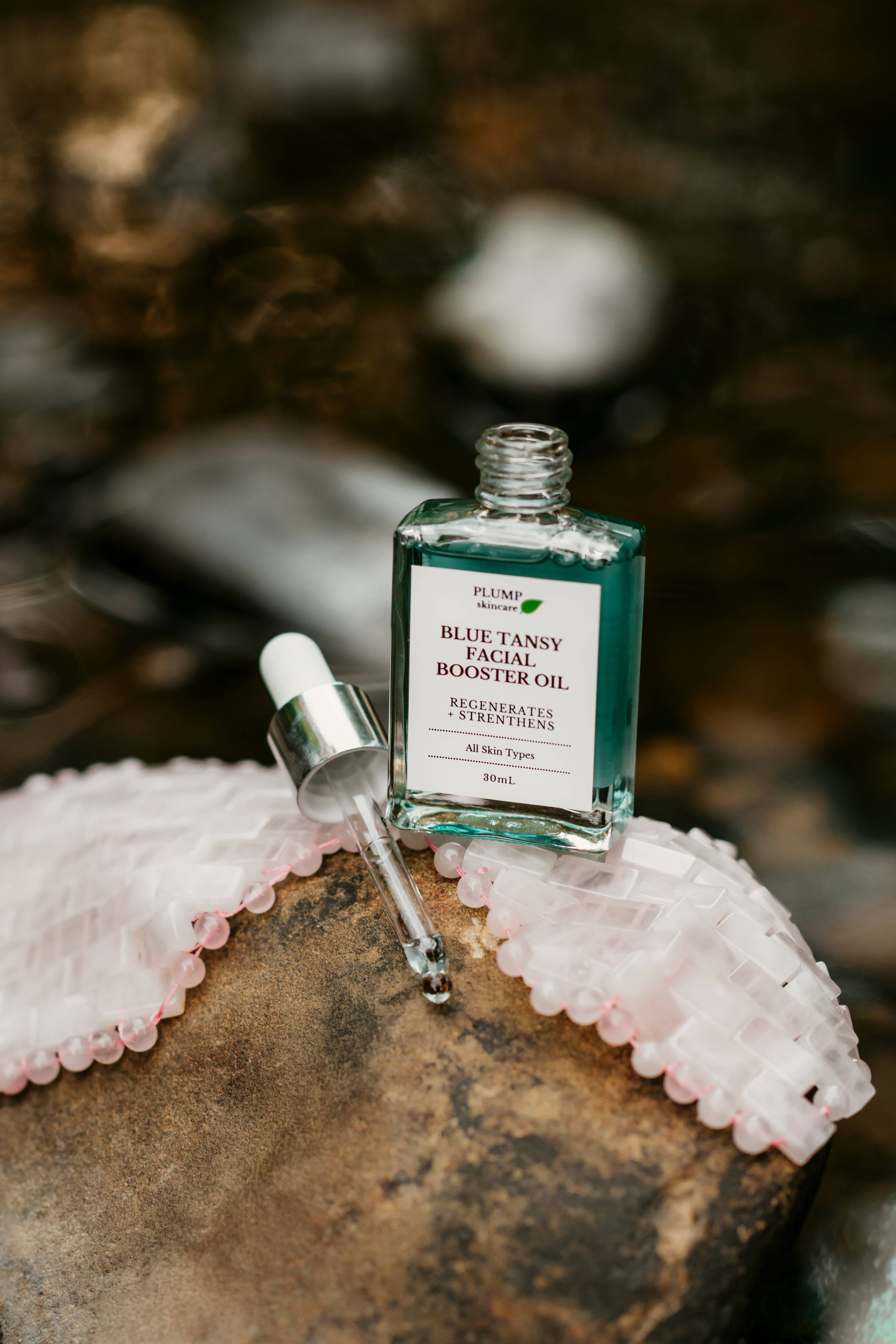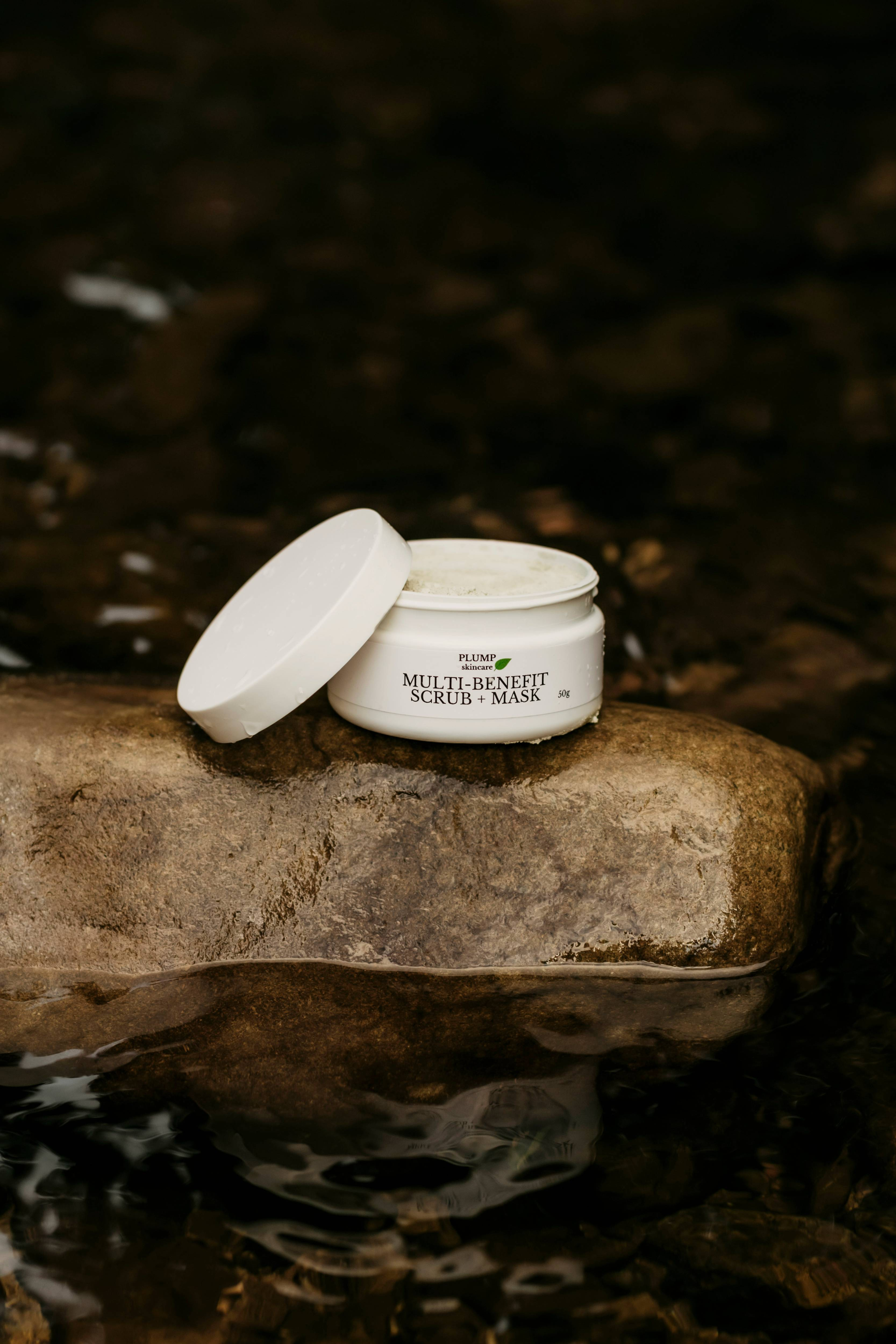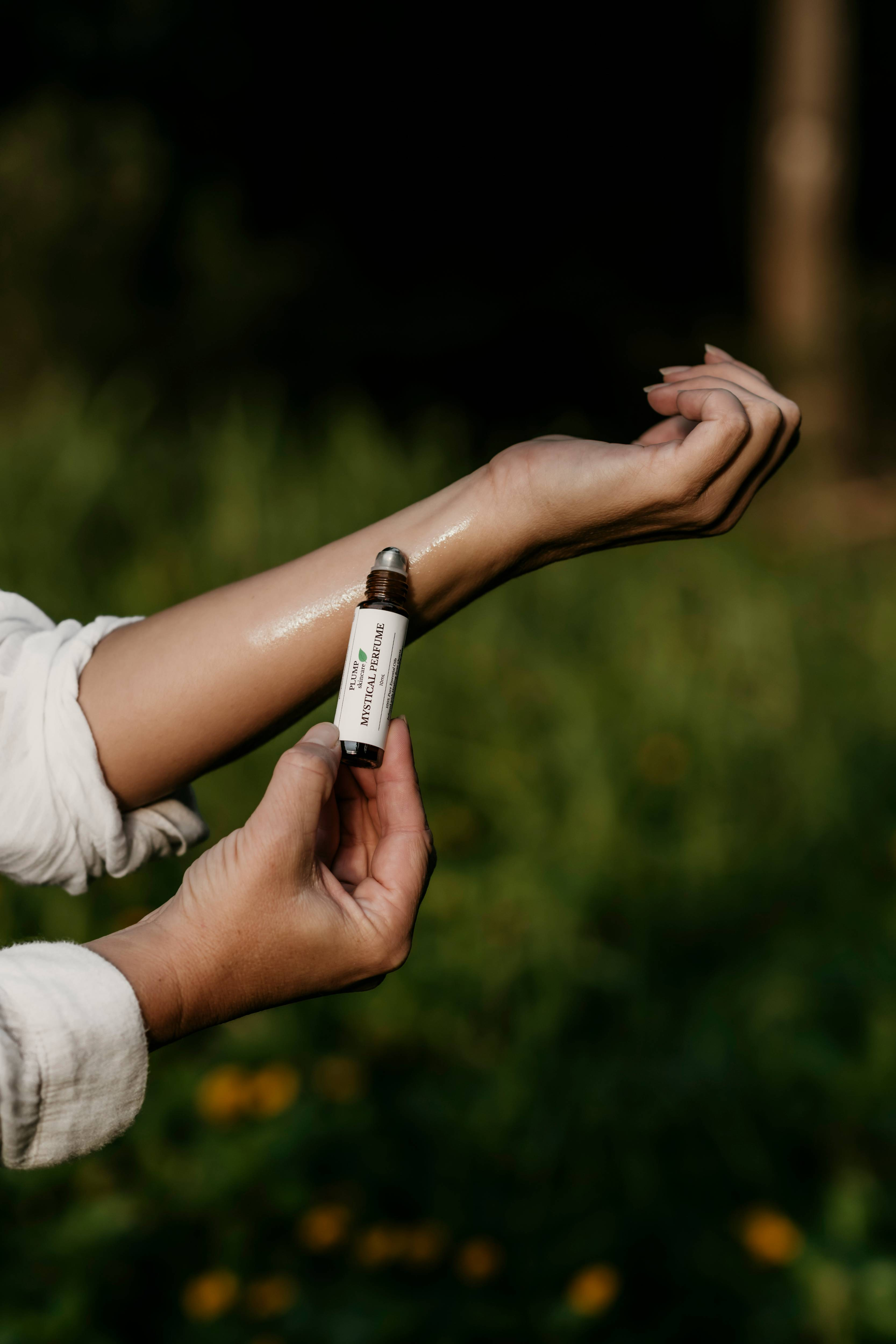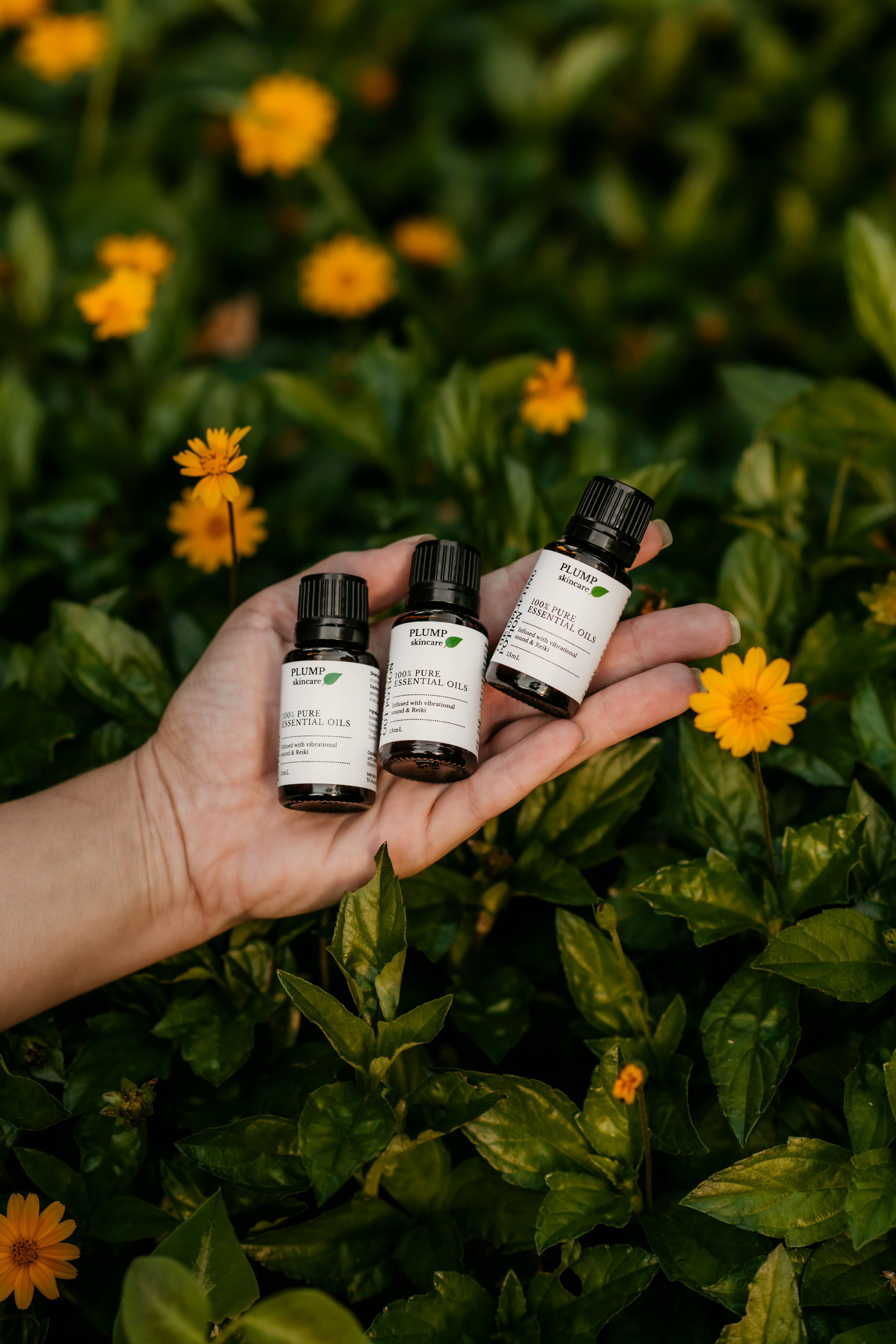Frequently Asked Questions
Moisturizing is important because it keeps skin hydrated, healthy, and protected from environmental damage. It helps maintain a strong skin barrier, reduces dryness, and can even slow signs of aging. Moisturizing also helps with skin conditions like acne, eczema, and inflammation.
Whether you need an eye cream depends on your individual skin concerns and preferences. The skin around your eyes is delicate and prone to dryness and early signs of aging, so an eye cream can be beneficial to all. If you have specific concerns like dark circles, fine lines, or puffiness, an eye cream like our firm and bright eye creme will help with those concerns. Overall eye cream is never a bad idea.
The general rule for applying skincare products is to layer them from lightest to heaviest in texture, ensuring optimal absorption. This means starting with cleansers then toners, followed by serums and/or face oils, then eye creams, then moisturizers, and finishing with sunscreen.
So, while skincare cannot prevent aging, it can help to slow down the signs of aging and make your skin look and feel its best. The antioxidants and pure products in Plump Skincare will help tighten your skin and overall make you look and feel like a new fresh person helping to nourish the skin and return it to its youthful self again.
Generally, it's recommended to exfoliate 2-3 times a week for most skin types. However, this can vary depending on your specific skin type:
- Dry or Sensitive Skin: Exfoliate no more than once or twice a week, as excessive exfoliation can lead to irritation and dryness.
- Oily or Combination Skin: You may be able to exfoliate more frequently, up to 2-3 times a week, to help manage excess oil and prevent breakouts. The multibenefit scrub and mask does wonders for oily skin.
Vitamin A oil, specifically retinol and retinoids, should be avoided during pregnancy and breastfeeding due to the potential risk of birth defects and other adverse effects. While vitamin A is essential for fetal development, high doses, especially from synthetic sources, can be harmful. Topical application of retinoids, though generally lower risk than oral intake, is still advised against due to potential absorption into the bloodstream.
